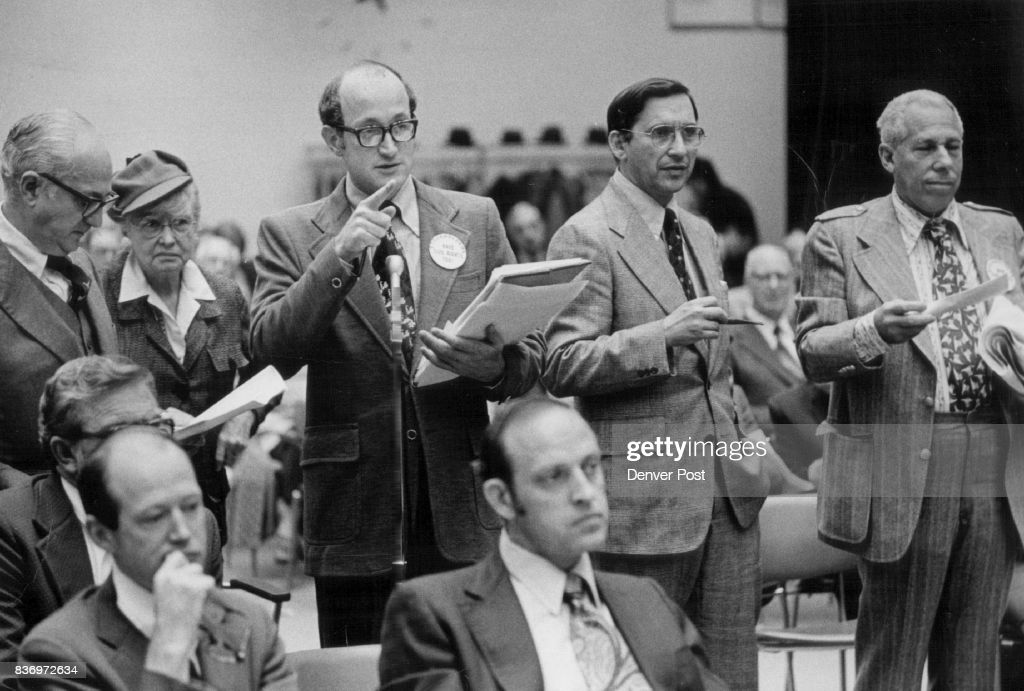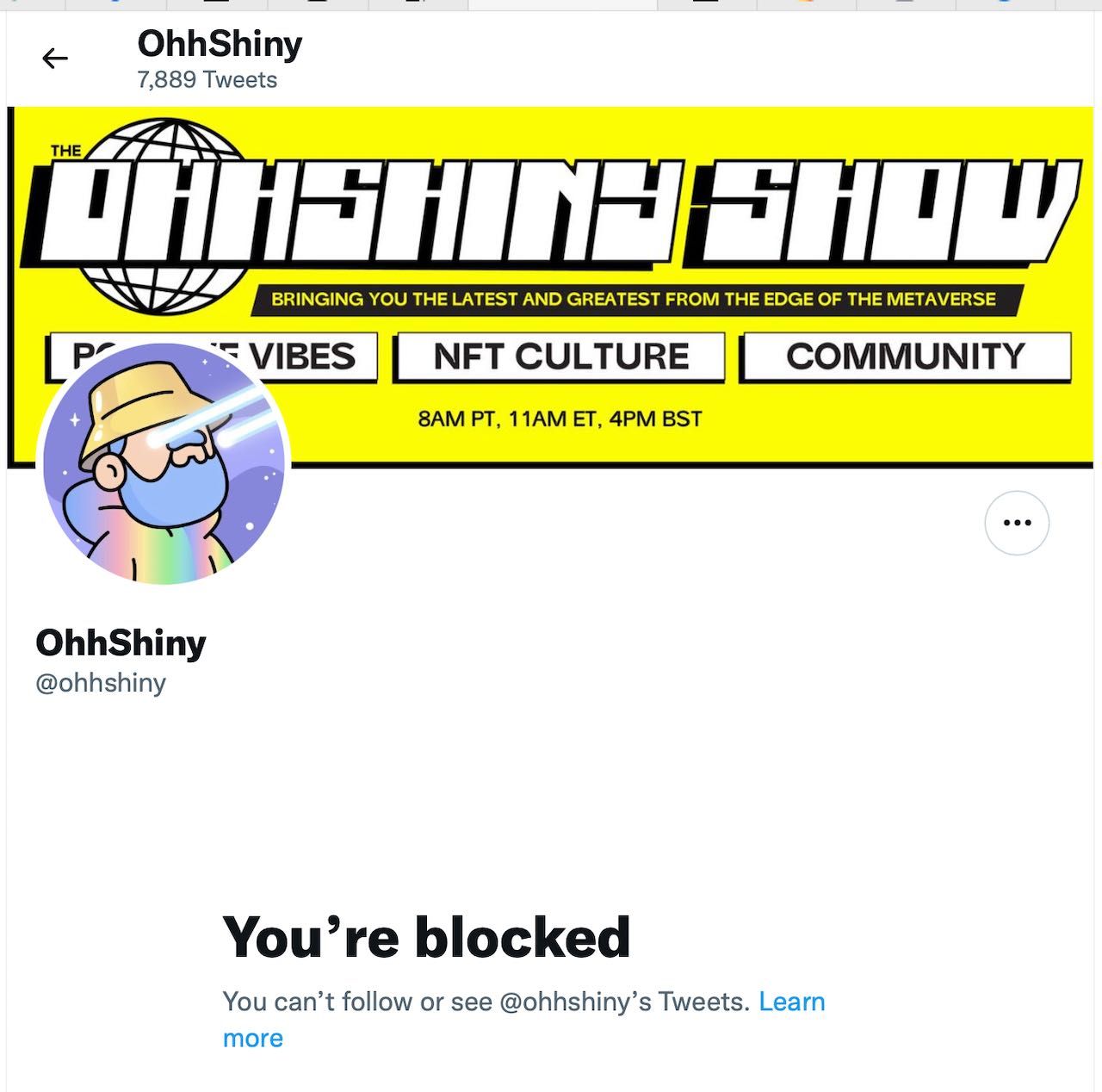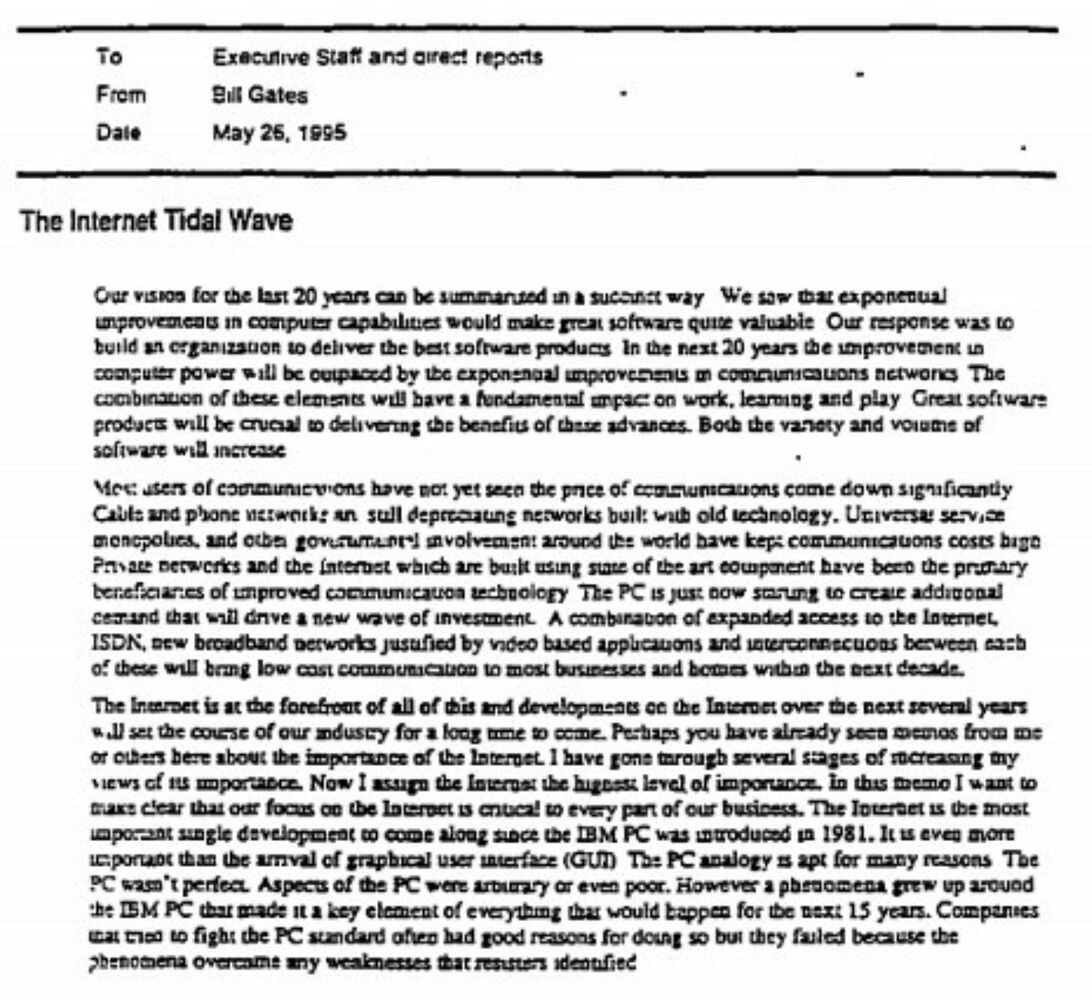The ongoing conversation between John Reed Stark and Mark Cuban is the best I've read on Twitter in the 4 years or so since I reluctantly joined. I just wish it'd take place somewhere other than Twitter. Twitter isn't good for much. It's the worst for conversations. Mr. Stark if you're reading this please put the conversation on your blog.
Stark knows more and has a deeper understanding of the blockchain and crypto than I'm guessing, 99.9% of those on crypto Twitter. The man knows his stuff.
In the thread I've copied below, Stark replies to Tweeter Miguel Garza, who has a whopping 20 followers. This speaks to Stark's character.
Miguel's reply is an often heard refrain from crypto Twitter - that crypto skeptics are no different than those who were skeptical of the Internet (Web1) circa '90. I've said as much.
Where Miguel misses it, and what Stark eludes to, is that crypto and smart contracts are now at least 6 years old. If we mark that time in Web1 by now there were 40 million Hotmail users. email was spreading like wildfire. Businesses were putting up webpages. If you weren't trying to get online, you were wondering about it. The benefifts of the Internet were evidently clear. Not just to the digerati, to Mary and John Q. Public.
But 6+ years into crypto, we're still missing that one app that makes everyone want to use crypto. 6+ years in what crypto is known for to non-technologists outside of NFT Twitter and Mary and John Q. Public are scams, theft, and deception. How can the crypto world not own this?
The founder of Ethereum is even sounding the alarms. As Vitalik so well wrote, Ethereum won't survive without 3 major changes:
"...achieving scalability, wallet security, and privacy for regular users is crucial for Ethereum's future. It is not just about technical feasibility but about actual accessibility for regular users. We need to rise to meet this challenge".
6+ years into the Internet no one was questioning its survival. It was the opposite. The only question was, how important it would be to the world.
Stark briefly mentions groupthink. The other stark (pun intented) difference between then and now is groupthink. Back when there wasn't social media. We talked to each other about the tech. Groupthink wasn't a thing until social media hit circa 2005. Groupthink has played a major role in crypto's blackmarks. Groupthink is not just prevalent in crypto, crypto thrives on it. I've written about it here:



I repeat ad nauseum. I am not rooting for crypto's demise. It's the opposite. But I find Mr. Stark's comments to be welcome and long overdue. Now I hope the rest of the crypto world feels the same. If not, crypto will be a passing fad.
Garza's reply is here:
https://twitter.com/JohnReedStark/status/1668971373249658882?s=20
"Sounds eerily similar to early non believers of the internet. TradFi is currently being forced to adapt to the digital banking landscape. Brick and mortar business model is cost inefficient. The entire system is slow, antiquated , and limited".
Stark replies with this, a home run:
Thanks Miguel, but I have to respectfully disagree with you on that claim my brother.
Blockchain groupthinkers proclaim that new technologies always have skeptics, and that the same naysayers who deride blockchain are an identical reincarnation of the naysayers who derided the Internet in the early 1990s – and that those naysayers should be ignored.
This argument -- that the technological transformative capabilities of the Internet are somehow comparable to the technological transformative capabilities of blockchain -- is not just misleading, it is absurd.
Yes, there may have been a few “Internet detractors” in the 1990s, but they were few and far between. Most people were too busy enjoying the Internet’s clear and growing online benefits and excitement to have the time for “Internet skepticism.”
From 1998-2009, I served as Chief of the SEC's Office of Internet Enforcement and before that, was for four years Special Counsel for Internet Projects in the SEC Division of Enforcement. During that time, I did not decry the Internet at all. In fact, I considered myself a promoter of it, an Internet Evangelist as many would recall.
Indeed, even if there were Internet detractors, no one paid them any mind because their arguments were so easily shut down and the technology was so clearly and so instantaneously revolutionary. Every company was piling on with Internet projects and development and people experienced the Internet’s benefits on so many levels. The Internet’s enthusiasm was incredibly exciting and promising – and exponentially infectious.
For instance, on May 25, 1995, then Microsoft CEO Bill Gates boldly wrote a memorandum to all Microsoft employees entitled, “The Internet Tidal Wave” stating:
“The Internet is a tidal wave. It changes the rules. It is an incredible opportunity as well as an incredible challenge. I have gone through several stages of increasing my views of the Internet’s importance . . . Now I assign the internet the highest level of importance . . . I want to make clear that our focus on the Internet is crucial to every part of our business.”
The point of Gates’s memo was that the Internet was fast becoming a ubiquitous force that was already changing the way people and businesses communicated with each other. Gates even appeared on the David Letterman show to broadcast his message of Internet growth and possibilities. With the Internet -- just like with other breakthrough technologies like the cloud and the iPhone -- everyone could easily envision the Internet’s infinite promise.





